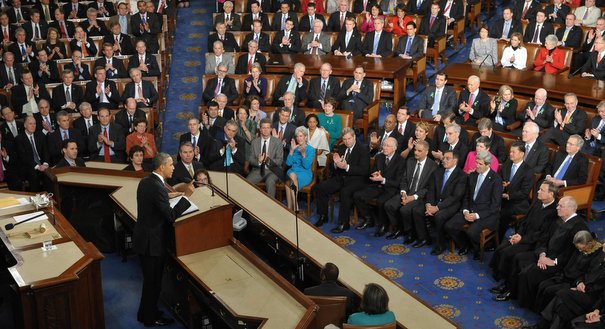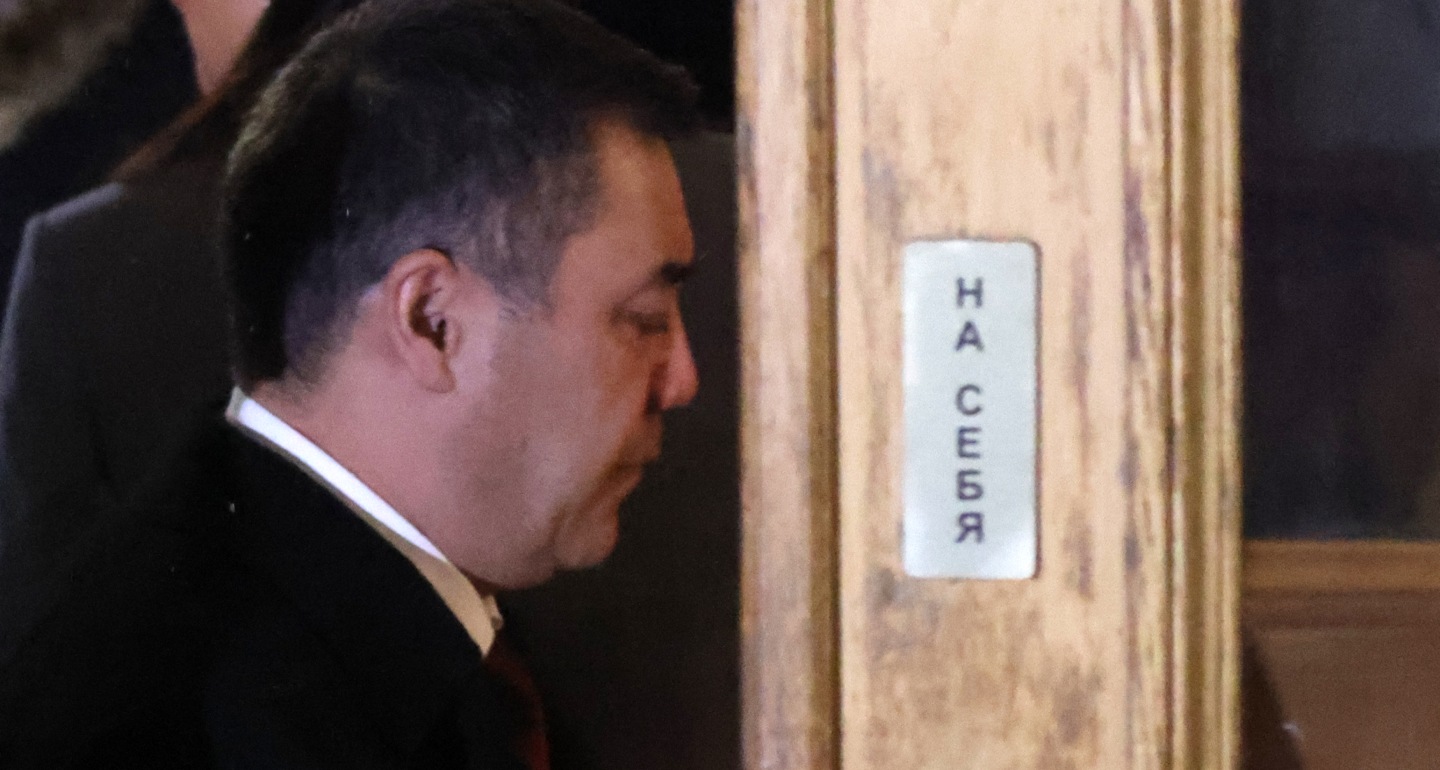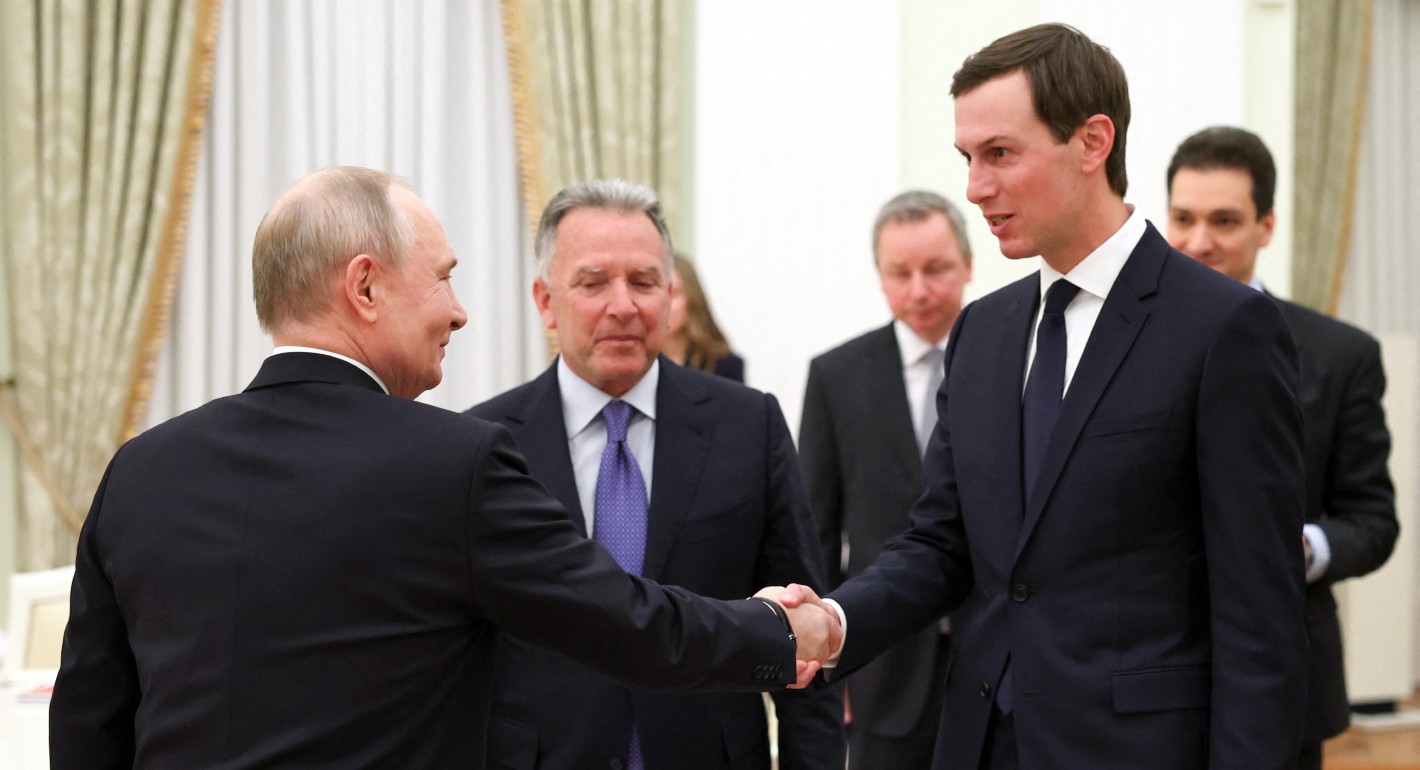Source: PBS NewsHour
JEFFREY BROWN: Next tonight: the changing nature of power and how it's wielded.
Ray Suarez has our book conversation.
RAY SUAREZ: In the 21st century, is the power that comes with running things, governments, armies, religions, all that it used to be?
In "The End of Power," Moises Naim of the Carnegie Endowment for International Peace argues that power as we have understood it for a long time is both harder to use and to keep.
He joins me now.
Moises, governments are bigger than they have ever been, armies more powerful and about to project power more than they have ever been, banks also big enough to take down whole continents, much less countries. How could power be harder to use?
MOISES NAIM, Author, "The End of Power: From Boardrooms to Battlefields and Churches to States, Why Being In Charge Isn't What It Used to Be": In each of those examples, you have situations where -- that shows that size no longer matters as much.
Think about the Taliban and the army. They are facing the coalition army of some of the most modern, sophisticated military ever assembled. Well, they're not winning, but they're denying victory to this very large coalition. Think about the large companies that you mentioned, especially in the financial sector. Of course, they now concentrate a lot of assets, but many of them are under attack.
Many of them have been -- some of the CEOs have been fired. All of them are under regulatory attack that is going to constrain even more what they can do. So for each one of the examples, and even the governments -- think about the big governments that -- of course they're larger, but they're also more constrained.
They have a long list of actors. They are like Gullivers, just tied down by the Lilliputians.
RAY SUAREZ: So is it really that power is not as easy to keep and to use, or that it is distributed in more places and more people have it?
MOISES NAIM: Of course. And it's both.
And the end result is that it's easier to acquire, but, as you said in the introduction, much harder to use and more fleeting.
RAY SUAREZ: We have seen the spectacle of a new pope being elected, and here is an institution that is 2,000 years old that hundreds of millions of people have a vital interest in.
Is the pope a less powerful person than he would have been in the 19th century?
MOISES NAIM: Think about the process of selecting this new pope and think about the coalitions that were forming, how different issues, different regions, different factors played into the selection of this new pope.
And think about how, in places like Africa, like Latin America, the Vatican is losing market share, so to speak. There are more and more contenders and rivals and new types of religions and Pentecostalists, and all kind of Protestant churches. Protestantism is growing.
Brazil, in 1990, the census said that 90 percent of Brazilians called themselves Catholics, now 65 percent. In many countries in Latin America now, Catholicism is not the main religion.
RAY SUAREZ: You have mentioned that power is more attenuated. And in the book, you describe the ways that there are more checks and balances at play, that even people we perceive as being very powerful find it more difficult to use that power.
Has that created a more stable and in some ways safer world?
MOISES NAIM: Well, there's a lot to welcome, a lot to celebrate in this trend where autocrats and monopolists and people that concentrate a lot of power have a harder time retaining. They're less secure in their power. So there's a lot of good things happening there.
But there is also downside, especially in governments, in democracies that are surrounded by constraints, what political scientist Frank Fukuyama calls vetocracies. A lot of democracies have become vetocracies, meaning that they are full of small centers of power. Each one has a little bit of power to stop and block and veto the initiatives of others, but no one has enough power to push through an agenda, a policy, a decision.
Look at the sequester in the United States and how difficult it has become to just make some fundamental decisions about how to tax and spend. Look around the world at the kinds of coalitions. Very strange political coalitions need to be assembled that are unstable, that are fractured, that are hard to keep together, and have a hard time making decisions without diluting them, without postponing them, and without really giving them the content that is needed to really make a dent on the problems they're trying to address.
RAY SUAREZ: Sure. As you say, the power of no is really quite potent in the 21st century.
But can we flip that and maybe think of it as a more democratic ideal, the idea that the average person in the world is experiencing new power by being able to refuse to listen to the people that they used to listen to or be understood to have to listen to?
MOISES NAIM: There's no doubt that the trends have empowered individuals, have given individuals more choice, more opportunity, more options. And they're exercising that. That's -- there's no doubt about that.
But there is another side to it in which no one decides, in which everyone is empowered, everyone has a little bit of power, but there is no one who organizes the game. There's no one that provides direction. There's no one that makes the decisions, the collective decisions that we all need to live in society.
RAY SUAREZ: So are we on our way? If that is not a very good recipe for running a world, are we on our way to a more collaborative planet? Will stakeholders decide that, yes, there is some power in no, but maybe there's a little bit more power in working together?
MOISES NAIM: I hope so. I hope so.
I think a lot of policies are choking in checks and balances. There are too many constraints that don't let governments govern. And I'm not suggesting that they have to become more autocratic and that we have to give a blank check to a government. They need to be constrained and scrutinized. And accountability is a very important facet of democracy.
But they need to have some power to run things. And that is where we need to move towards, and that -- scrutinizing and understanding what are the checks and balances that are now in place that are counterproductive is a very important exercise.
RAY SUAREZ: I want to continue our conversation online.
But, Moises Naim, thanks for joining us.
MOISES NAIM: Thank you, Ray.
This interview originally aired on PBS NewsHour.













